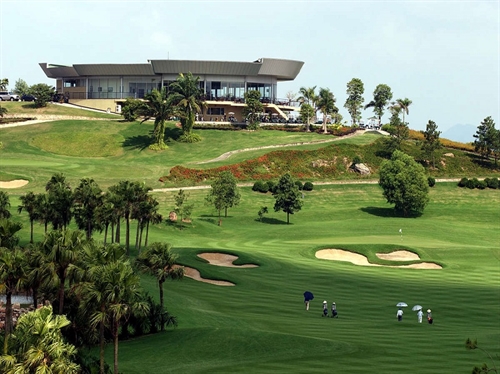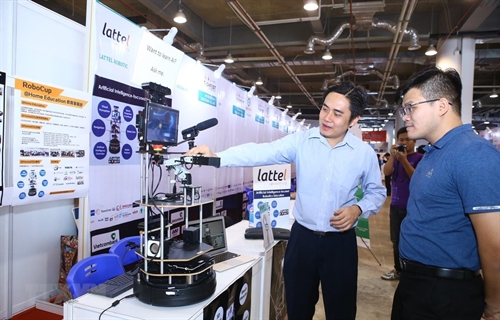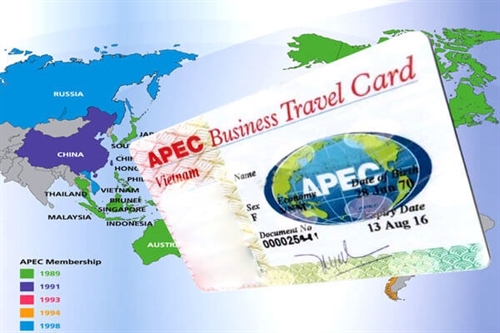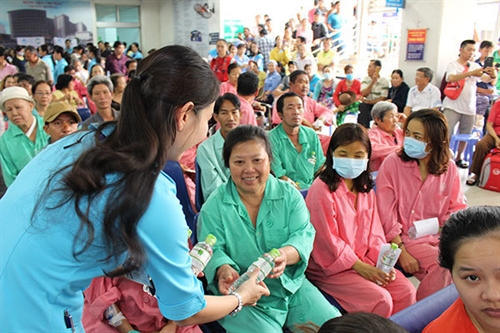Foreigners or overseas Vietnamese who wish to practice medical examination and treatment for a long term in Vietnam would have to be proficient in Vietnamese.
The requirement would apply to those who provide health check-up and treatment services for Vietnamese patients, except medical services for humanitarian purposes, personnel training or technology transfer in the healthcare sector.
This is one of new points highlighted in the third draft of the law designed by the Ministry of Health to replace the 2009 Law on Medical Examination and Treatment.
With 106 articles arranged in 12 chapters, the draft law focuses on strengthening the management of medical practitioners, improving professional skills of medical staffs and medical service quality of health facilities, enhancing people’s access to healthcare services, and revising regulations on charges for medical examination and treatment services.
In order to manage medical practitioners in a stricter manner, the draft law specifies professional titles for which practice licenses are required, including doctors, assistant doctors of the people’s armed forces; nurses, midwives, medical technicians, nutritionists, out-of-hospital emergency care providers (paramedic staffs), herbalists and those providing medical examination and treatment services by applying heirloom remedies or therapies.
Those who wish to be granted a medical practice license would have to take professional competency tests organized by the National Medical Council. Particularly for herbalists and those providing medical examination and treatment services by applying heirloom remedies or therapies, practice licenses would be granted on the basis of document examination.
After obtaining a license, medical practitioners must make registration via the information system on management of medical examination and treatment services.
A medical practice license would be valid for five years and might be extended. However, those applying for extension of licenses must satisfy the requirement on updating of medical knowledge. Specifically, they are required to show proofs of participation in short-term refresher courses or professional conferences and seminars, scientific researches or teaching activities in relevant fields.
In order to improve quality of medical examination and treatment services, the draft requires all healthcare facilities to apply quality standards issued by the Ministry of Health. Information technology would be applied so as to enable the sharing of medical examination and treatment results among health facilities, thus creating convenience for patients while strictly managing professional activities of medical practitioners.
Additionally, health facilities would be required to install security surveillance systems so as to promptly detect and handle any risks of conflicts between medical staffs and patients and their relatives. They would also need to apply hi-tech solutions to manage patients, patients’ relatives and practitioners.
With a view to increase people’s access to healthcare services, the draft allows district-level health centers, medical research institutes with patient beds, and other health facilities under other names to provide medical examination and treatment services if satisfying all conditions prescribed by law. Private polyclinics in areas with extremely difficult socio-economic conditions would be permitted to arrange beds serving patient monitoring and treatment but must discharge or transfer patients to other medical facilities within 72 hours.
Regarding medical service charge rates, the draft specifies that the Minister of Health would set brackets of charge rates of medical examination and treatment services (including also on-demand medical services) to be applied at state-owned health facilities nationwide, which would be used as a basis for provincial-level People’s Councils to decide on specific charge rates for medical services applied at state-owned health facilities in their localities. Charge rates for on-demand medical services at state-owned health facilities would be decided by these facilities by themselves. Meanwhile, private health facilities would be allowed to set charge rates in accordance with the Price Law.
The draft law is expected to be passed by the National Assembly at its upcoming session in October.- (VLLF)









